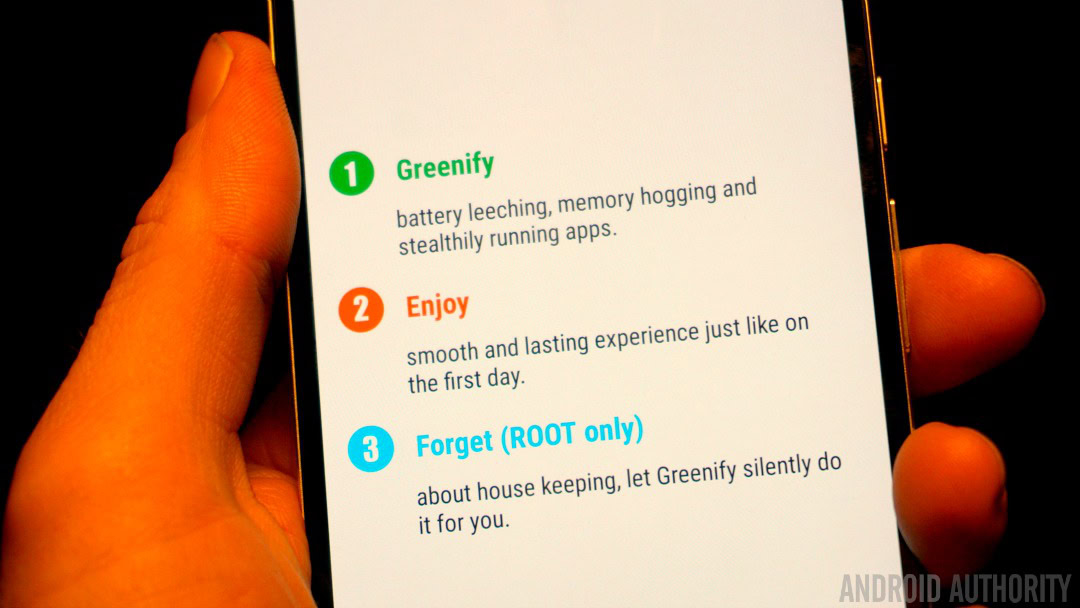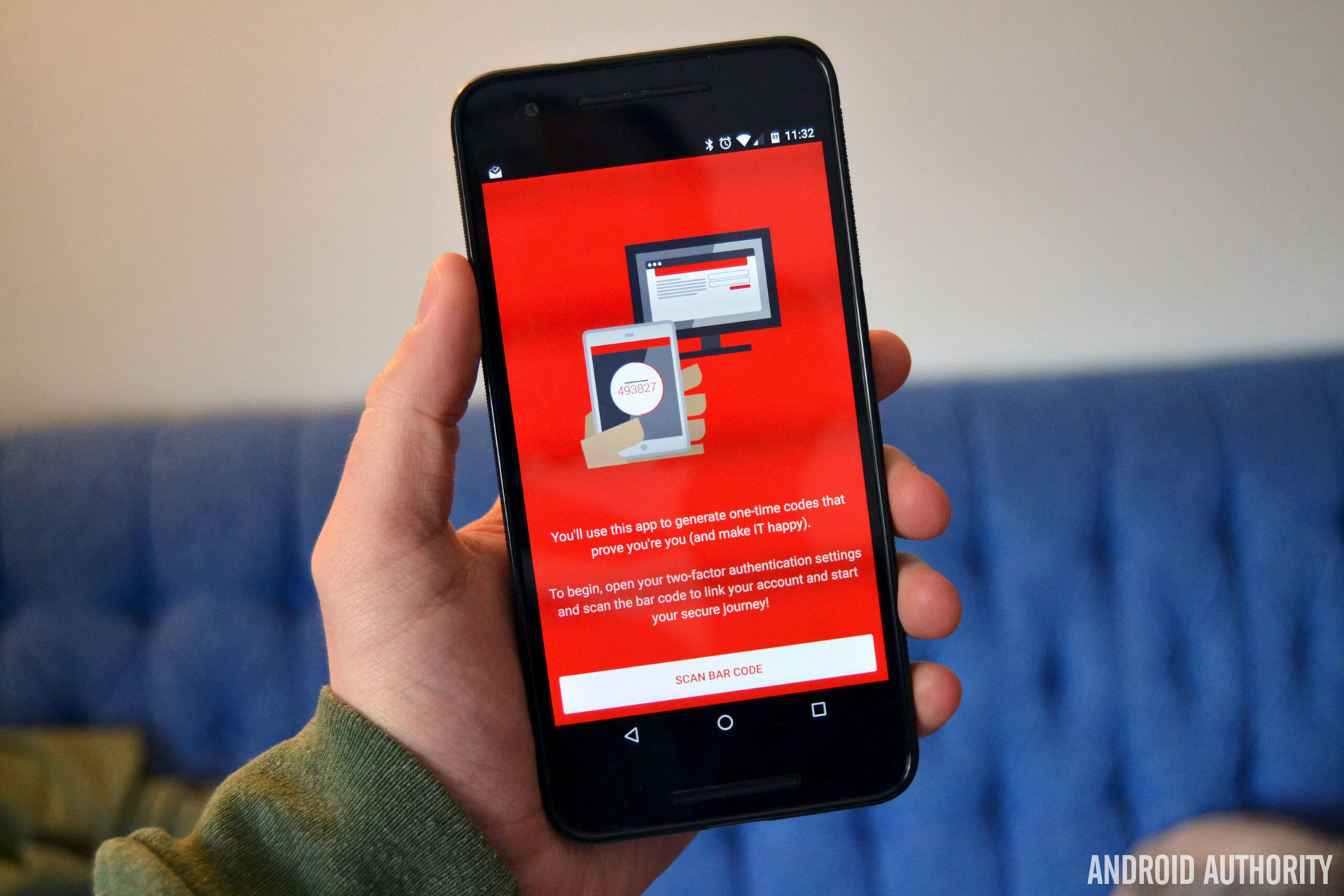Affiliate links on Android Authority may earn us a commission. Learn more.
Greenify also among those accused of misusing accessibility services, weighs in on the matter
Published onNovember 20, 2017

What makes Greenify, which tells your apps when to go to sleep, such a useful app for Android diehards is that it remains useful on non-rooted devices. That, as well as the additional functionality the app gained over time, is thanks to Android‘s accessibility services, but it’s because of those services that Greenify now finds itself on Google‘s bad side.
That’s what we learned from Greenify developer Oasis Feng, who took to Google+ to share that he received a 30-day notice from Google about the potential “misuse” of accessibility services in Greenify. In the post, Feng acknowledged that there are negatives to the use of accessibility services, such as performance lag and becoming a target of malware.

On the flip side, Feng equates accessibility services to Android’s version of Pandora’s box, since they let you set up automation of certain tasks, trigger global actions, and overlay your screen. As we’ve seen with apps like LastPass, which has also been targeted by Google’s changes, accessibility services also allow for functions like autofill passwords, so Feng’s metaphor is not far from the truth.
With that being said, Feng’s biggest concern is concerned that Google will use its standing to “judge the ‘proper use’ of Android API,” even if that use is not for malware:
I understand the complexity and historical reasons that lead [sic] to the current situation, but feel sorry and sad about how Google deals with this situation, by banishing popular tool apps.
Feng says Greenify only enables accessibility services during its hibernation operation and is disabled immediately afterwards, but that was apparently not enough to gain reprieve from Google.
There is a bit of light at the end of the tunnel, however – Feng says he is still “communicating with people in Google.” Even so, there is a chance that Greenify could be knocked out of the Play Store, and that is sure to make more than a few power users unhappy.
We will keep you updated on what happens from here, but it appears that this is not the last we will hear about Google’s changes to accessibility services.